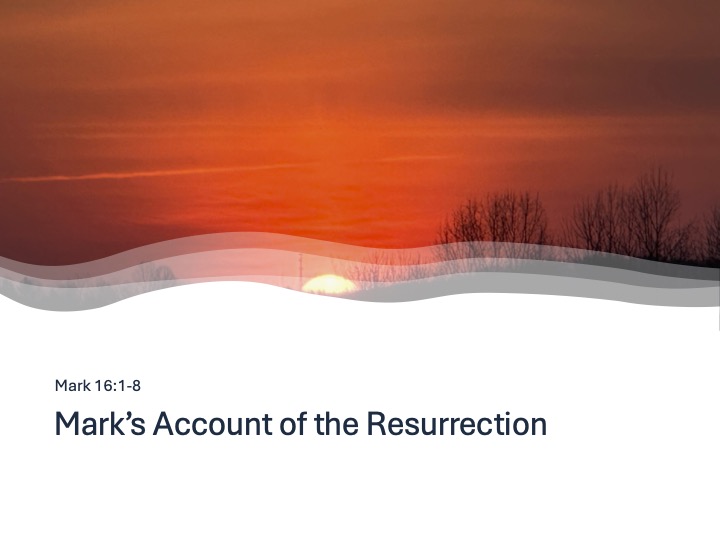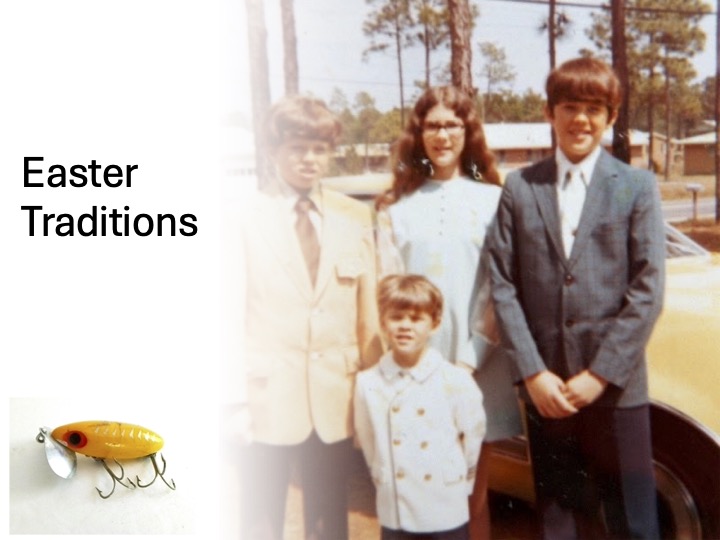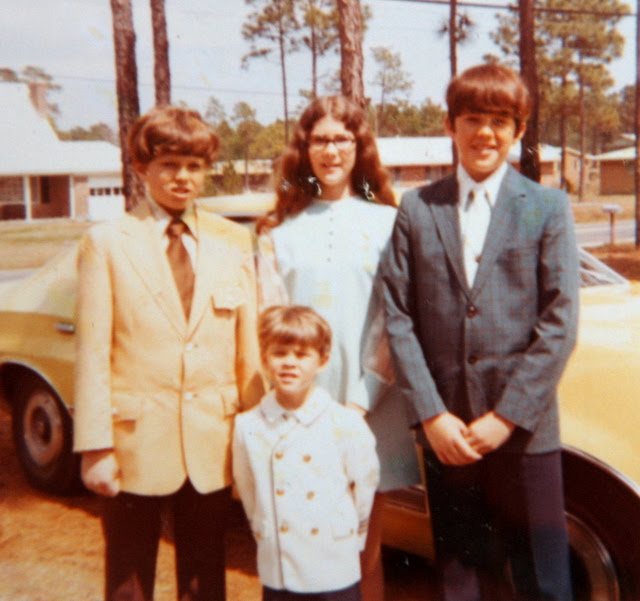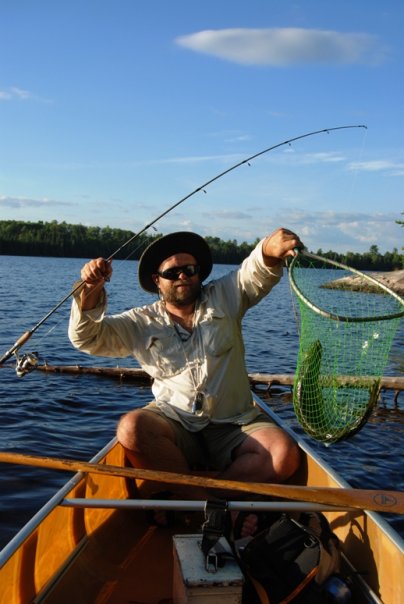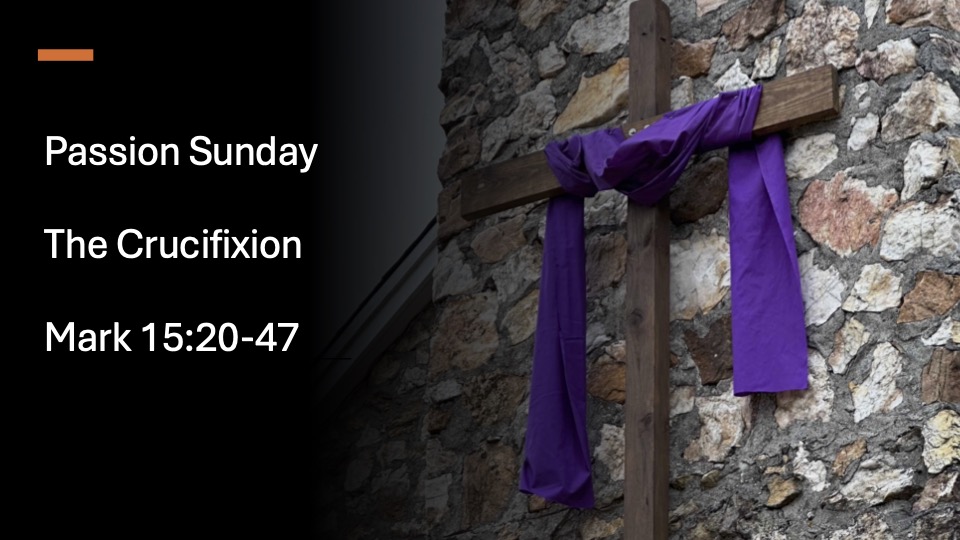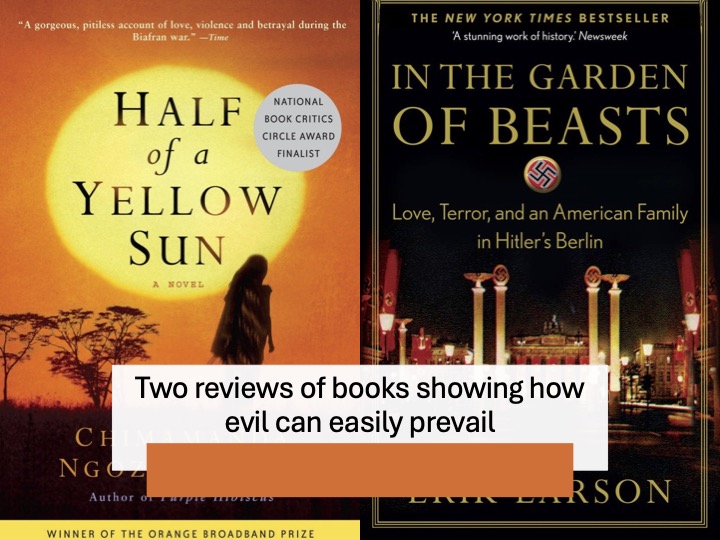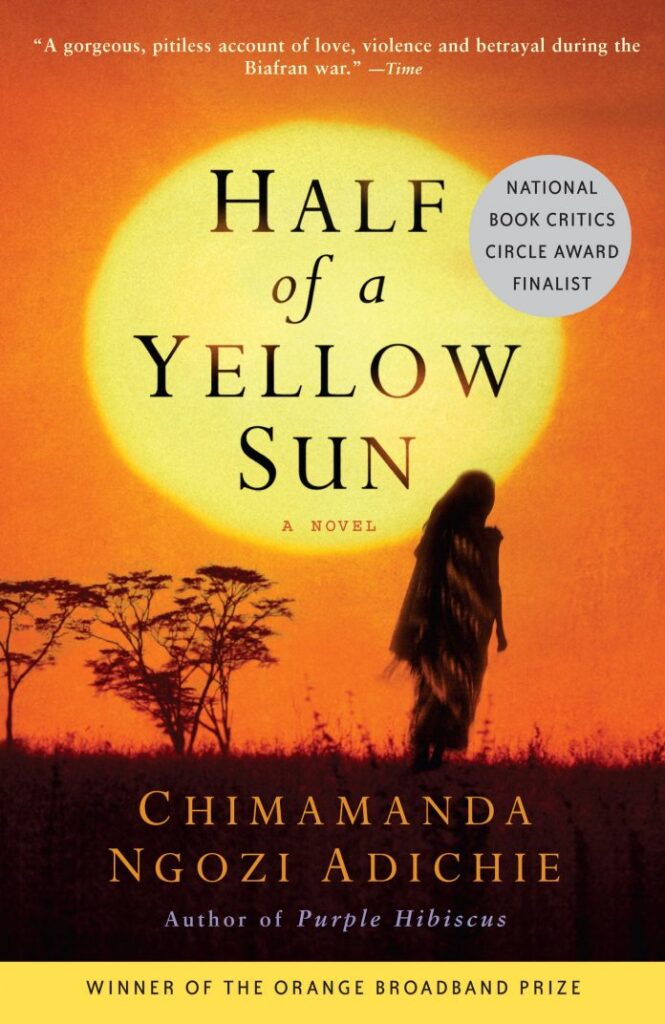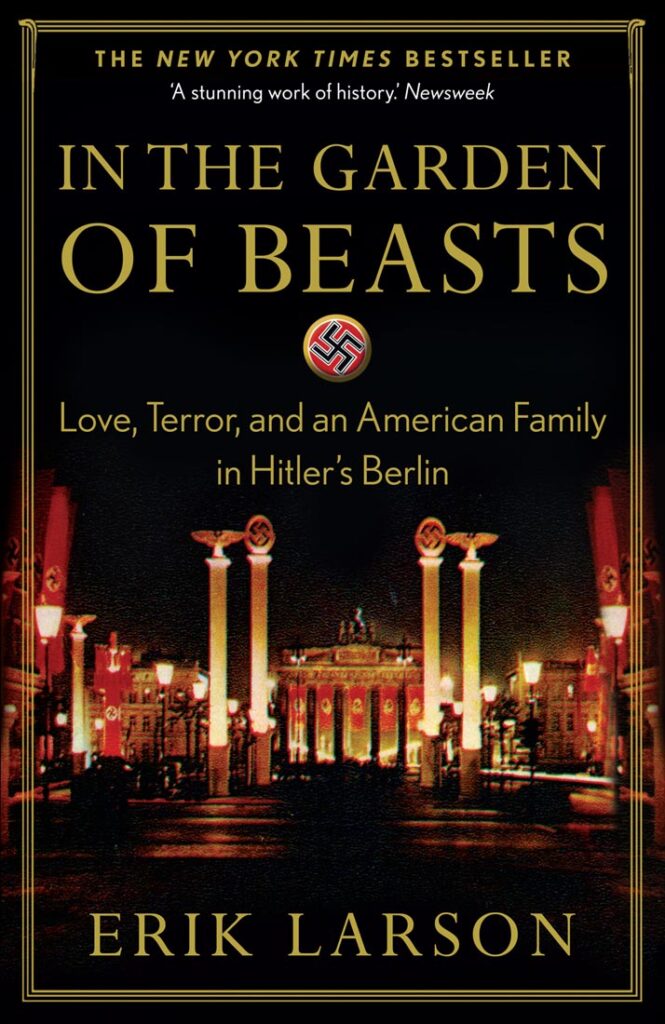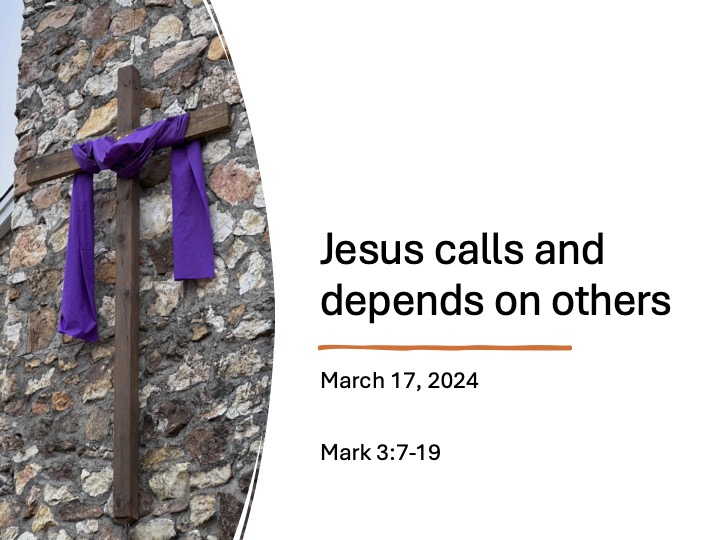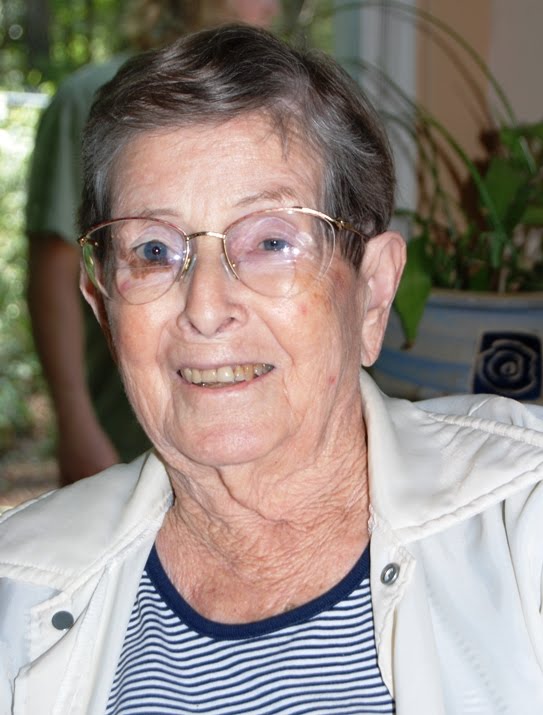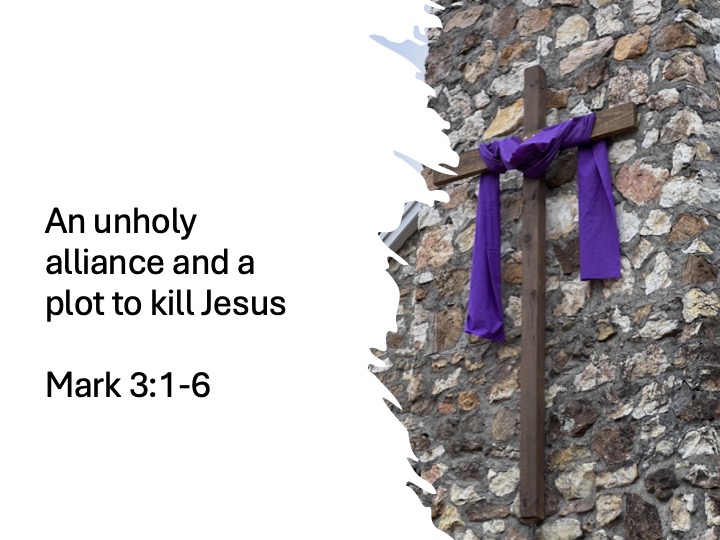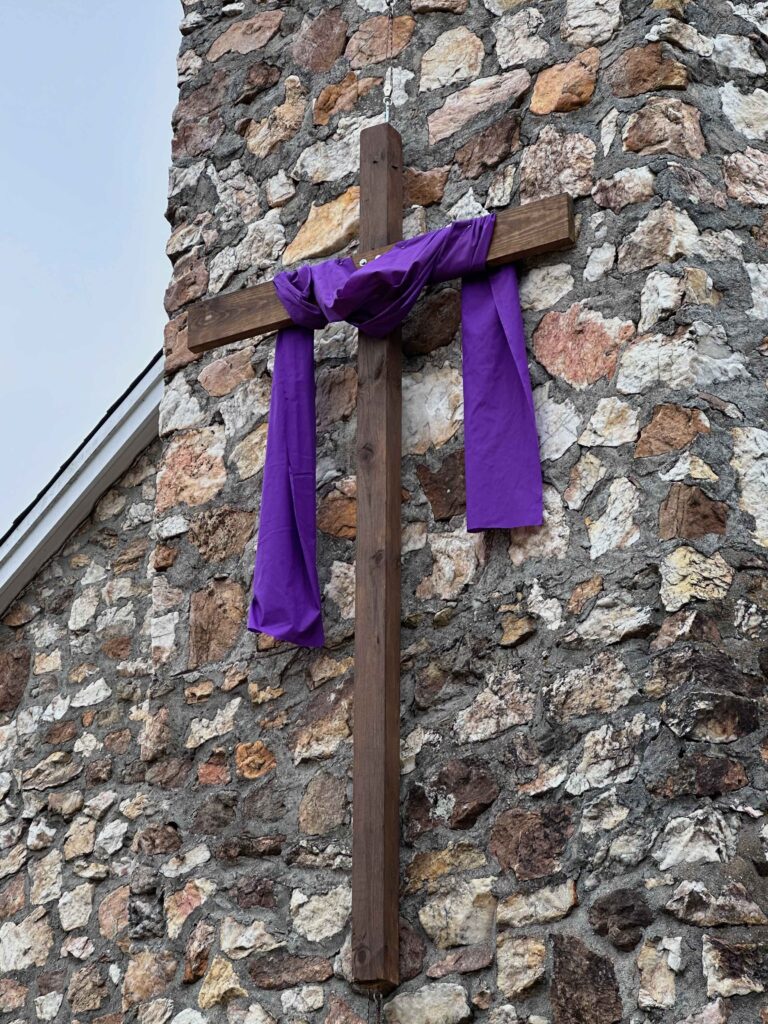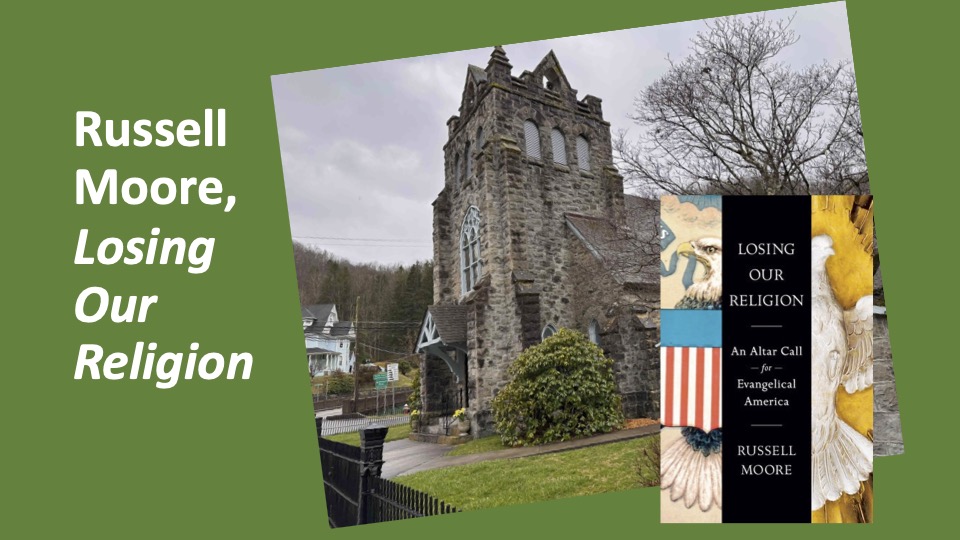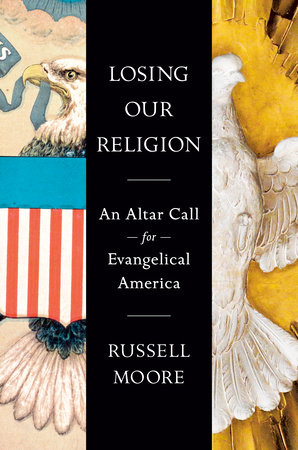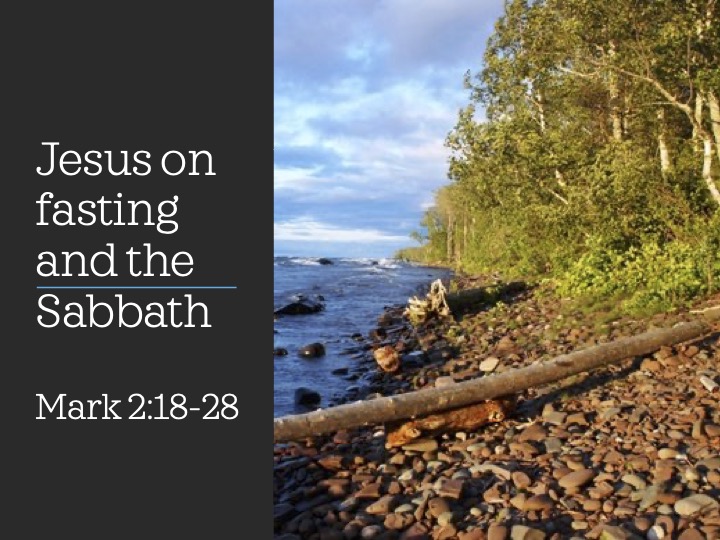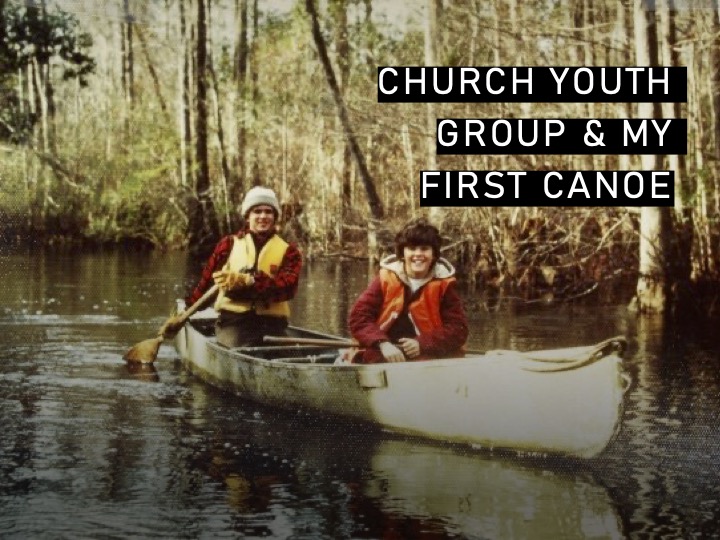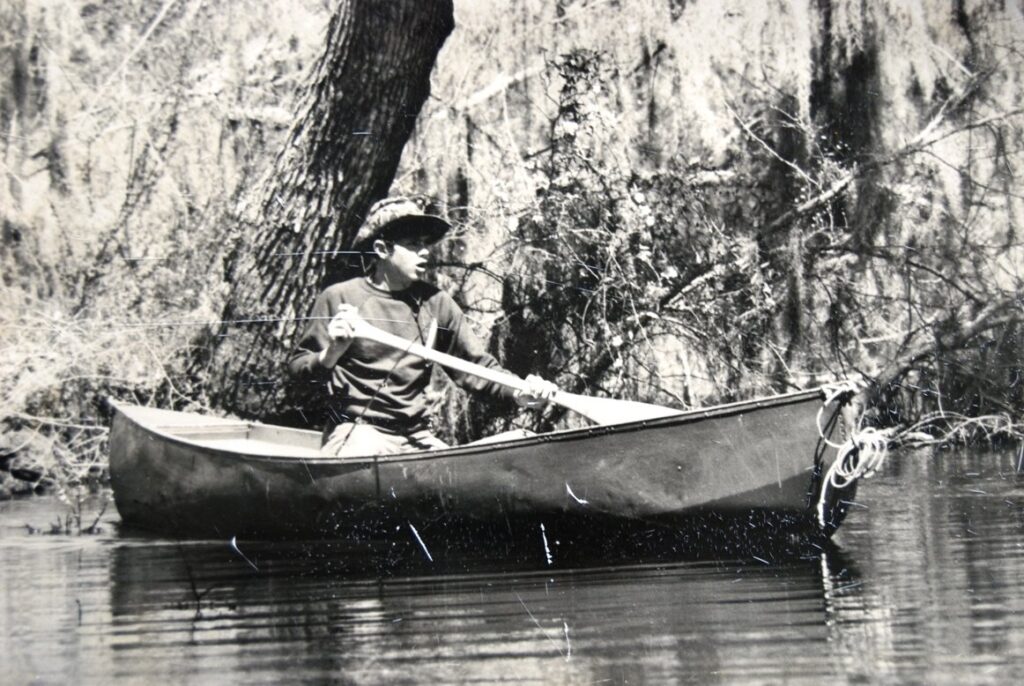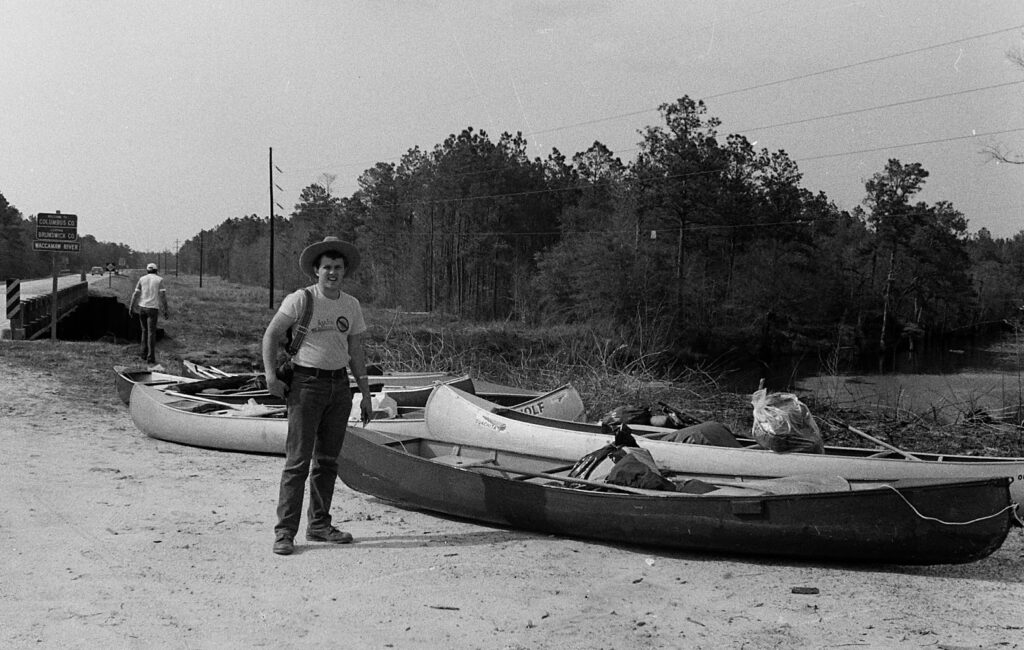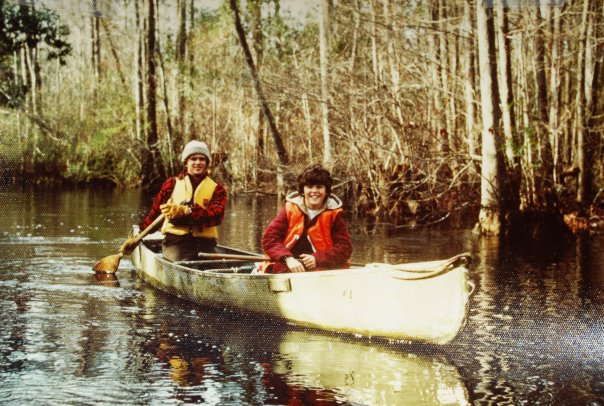Jeff Garrison
Bluemont and Mayberry Churches
March 31, Easter Sunday 2024
Mark 16:1-8
At the beginning of worship:
I’ve told you this story before, but it’s one of the most moving conversion stories I’ve heard. In her book, Traveling Mercies, Ann Lamott writes about being totally down and out. It was 1984. She lived on a small houseboat on the San Francisco Bay. She had an abortion because the father was married. But something went wrong after she was released from the clinic. She started hemorrhaging blood. Instead of seeking help, she self-medicated through alcohol and drugs. She wanted to die.
Throughout this time, she felt someone sitting at the foot of the loft where she had her bed. She turned on the light. No one was there. But she was sure it was Jesus watching over her. He was gone in the morning. However, for the next few days, she felt as if Jesus followed her like a cat. And, like a cat, she knew if she ever let him in, she could never get rid of him. But after about a week, she relented. She accepted Jesus into her life.[1]
Like Lamott, we may be down and out. We may be filled with grief. We may be looking for direction. And then Jesus shows up. Sometimes, like with Lamott, he’s by himself. Other times he shows up through the actions of another believer who reaches out to us. And Jesus offers hope. The tomb is no longer the end. Life is beautiful and continues. “Come, follow me, let me show you,” Jesus says.
Before the Reading of Scripture:
Last week, I talked about how short Mark’s account of the crucifixion is, when compared to the other gospel. Mark provides the basic facts, nothing more. “Just the facts, Ma’am,” as Sargent Joe Friday of Dragnet used to say.
As it was with the crucifixion, so it is with the resurrection. This is especially if we only look at the original ending. The oldest manuscripts end at verse 8, leaving the reader in suspense. In the third century, there were some attempts to clean up Mark’s ending. A shorter and a longer ending was added. But this was couple centuries later. Most Bibles identity them as a shorter and a longer ending.
There have been many debates about the reason why Mark’s ending.
- Was the original ending lost?
- Did Mark not get to finish his manuscript before he was torn away to be martyred?
- Is this an attempt at some literary move which forces the reader to complete the story themselves.
- Did Mark think that too many people were focusing on Jesus’ resurrection, and Mark wants to emphasize Jesus’ ministry?
All of these are options as to why Mark cut his ending short.
While Jesus’ doesn’t appear in Mark’s original ending, Mark continually makes it clear, starting in the 8th chapter, that Jesus would be killed and would rise from the grave.[2] I tend to think Mark wants the reader to finish the story. The empty tomb is frightening. The speechless women leave us pondering what happened and what this story means.
Read Mark 16:1-8
Mark has an interesting way of telling the Easter story. Just after the sun rises, two women, Mary Magdalene and Mary the mother of James and Salome, head to the tomb. We saw these women twice in our passage last week. First, they were off in a distance watching the crucifixion. Then, they saw where Jesus’ body was laid.[3]
They’ve come to the tomb for the sole purpose of anointing Jesus’ body. They know he’s dead., but hey want to prepare the corpse for its eventual decay. As Jesus’ friends, they carry with them spices and bandages. It’s their duty and a way to say goodbye and to put this part of their life behind them. Doing this act, just as we hold funerals, is a marker that allows them to say goodbye and then to resume their lives.[4]
Because Jesus died late on the day before the Sabbath, he had to be quickly placed in the tomb before the Sabbath began at sunset. So, there wasn’t time to properly prepare the body for the grave.
These women set out to do what they were not able to do on Friday. Yet, they head to the tomb with some faith. After all, they know they can’t roll away the stone in front of the tomb. They have faith someone will show up to help. Along the way they discuss this problem. Unable to come up with an answer, they proceed with faith.
Surprise at the Tomb
Then, when they reach the tomb, they find the unexpected has happened. The stone has already been removed. And when they look inside, instead of finding Jesus, they see a young man dressed in white.
Obviously, he’s a messenger from God. Seeing him, they’re alarmed, which seems to be an unnecessary bit of information. Of course, they’re alarmed. We’d be, too. There’s no body and there’s this strangely dressed man who seems to know their intentions.
This young man acknowledges they are looking for Jesus of Nazareth, who had been crucified. Certainly, those who suffered on the cross don’t rise from the grave. Yet, that’s what he said has happened. Jesus has been raised. They are to go and tell the disciples that Jesus will meet them in Galilee.
And what do the women do? Scared to death, they flee. They don’t tell anyone what happened. After all, who’d believe them? That is the original ending of the book of Mark.[5] And it’s where I am ending the text we’re wrestling with today.
Mark’s gospel compared to John’s
There is a reason Mark’s gospel contains the least favorite resurrection story. Most of us prefer John account, with its beautiful language and storytelling, which we heard at sunrise this morning. There, we’re told Mary Magdalene comes to the tomb alone. It’s still dark. She comes, probably wanting some quiet time with Jesus’ body, only to find the stone rolled away and Jesus missing. She runs and tells the disciples. Next, there’s the foot race between Peter and John to see which one will arrive first at the tomb.
While Peter and John check out the tomb, Mary Magdalene hangs around outside. A strange man comforts her. She takes him as the gardener. But when this man calls Mary by name, she recognizes him. Out of a deep devotion, she calls him Rabbi… Jesus has made his first resurrection appearance.
Mark’s Endings
But Mark ends his story with the women running away so distraught that they cannot tell anyone. It doesn’t seem right. Of course, they do eventually tell someone, how else would we know. A century or so later, in the end of the second or early in the third century, we have two additional endings of Mark’s gospel. One is short, the other is long.
The long one contains several interesting appearances of Jesus along with a commissioning that speaks of them handling snakes and drinking poison, something not mentioned in the other gospels and certainly not done in most Presbyterian Churches. Besides, they seem to go against the command not to put God to the test. So that ending is questionable.
The original ending of Mark’s gospel leaves us wondering. How do we finish the story. Do we believe it? And, if so, does it make any difference in our lives?
Where Jesus’ Meets Us
Another way to understand the ending is to consider what the women were told. They were to tell the disciples that Jesus was going to meet them in Galilee. Why Galilee, we might wonder? Well, Galilee is where they’re from. They’re tourists or pilgrims in Jerusalem. They were raised and lived in Galilee. It’s where they work, and their families livet. In other words, Galilee is their ordinary life.
And where does Jesus meet us? For some, it happens in church, but most often, I suggest, Jesus meets us where we live and work and play. Or Jesus meets us in our pain, as he did with Anne Lamott. In other words, Jesus meets us in the ordinary.
Hope at the Empty Tomb
We gather here today as Christians have gathered over the millenniums, because the empty tomb gives us hope and provides us with possibilities of what life is all about. We gather because once we investigate the empty tomb, our lives are changed. No longer do we need to look back, like the women did when they were ready to anoint the body with spices.
We can now look forward into a new and exciting future being created by God. On Easter, we’re reminded not to only enter the tomb in sadness, but to pause and look around in awe and then leave amazed at what God can do.
Conclusion
God’s power extends over death, so we no longer must be afraid of dying. God’s power extends over evil, so we no longer must be afraid of what might happen to us in this frightening world. God’s power extends over our lives so that we don’t have to live in fear that we’ll mess us. “Do not be afraid,” the young man said to the women, “for the tomb is empty.” Halleluiah! Christ is risen! Amen.
[1] Anne Lamott, Traveling Mercies: Some Thoughts on Faith (New York: Anchor Books, 1999), 48-50.
[2] Douglas R. A. Hare, Westminster Bible Commentary (Louisville: WJKP, 1997), 223.
[3] Mark 15:40-41 and 47. See https://fromarockyhillside.com/2024/03/24/jesus-crucifixion-as-told-by-mark/
[4] The Jewish tradition honored the body but didn’t not try to embalm the body like the Egyptians. James R. Edwards, The Gospel According to Mark (Grand Rapids, MI: Eerdmans, 2002), 491.
[5] There are several possibilities according to Bruce Metzger: 1. The evangelist intended to close his Gospel at this place. 2. The Gospel was never finished. Or 3. The Gospel accidentally lost its last leaf before it was transcribed. See Bruce M. Metzger, A Textual Commentary on the Greek New Testament (1971, United Bible Societies, 1975), n7.

Sunrise off Laurel Fork Road, March 21, 2024

